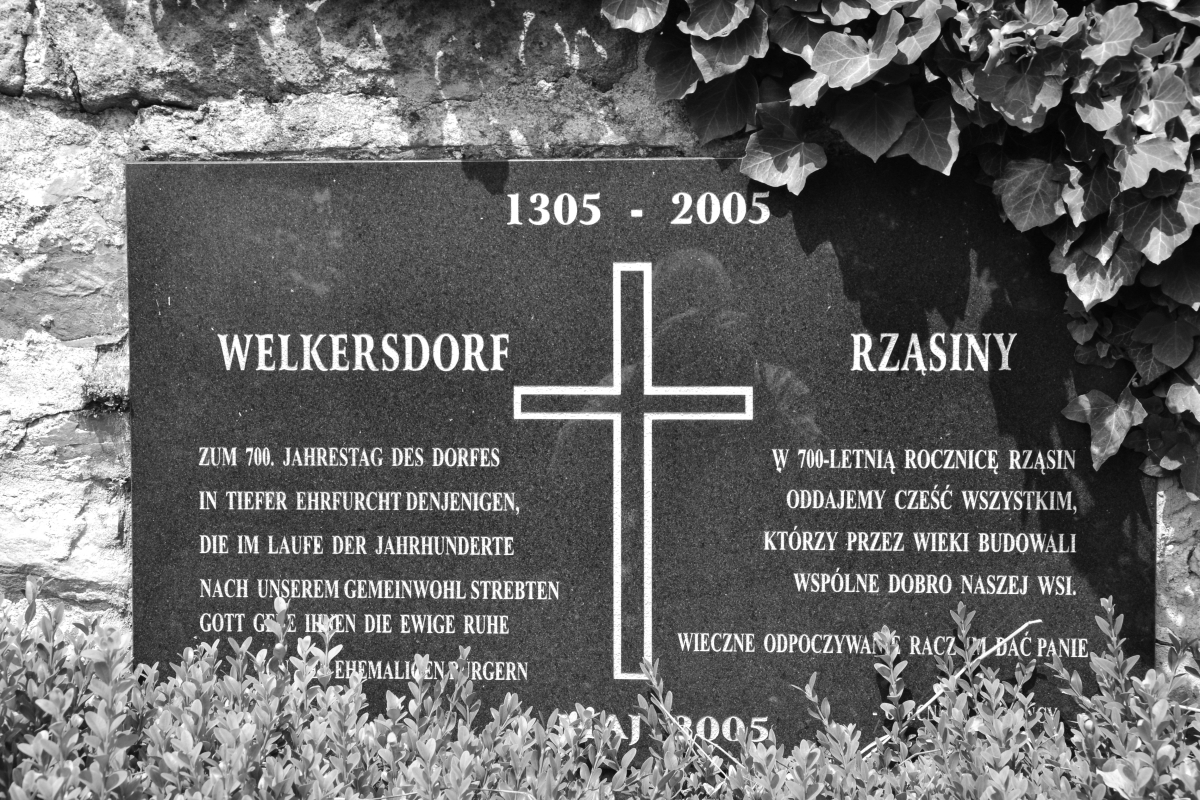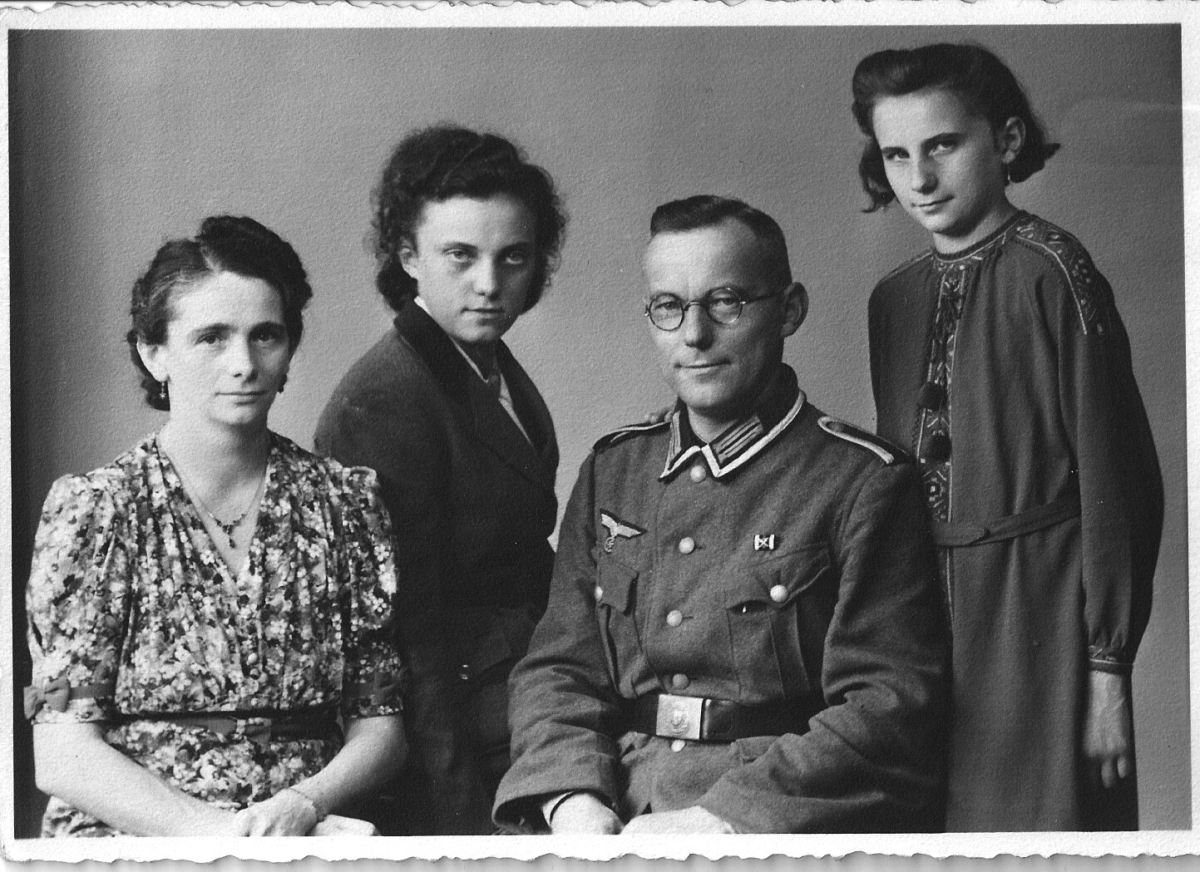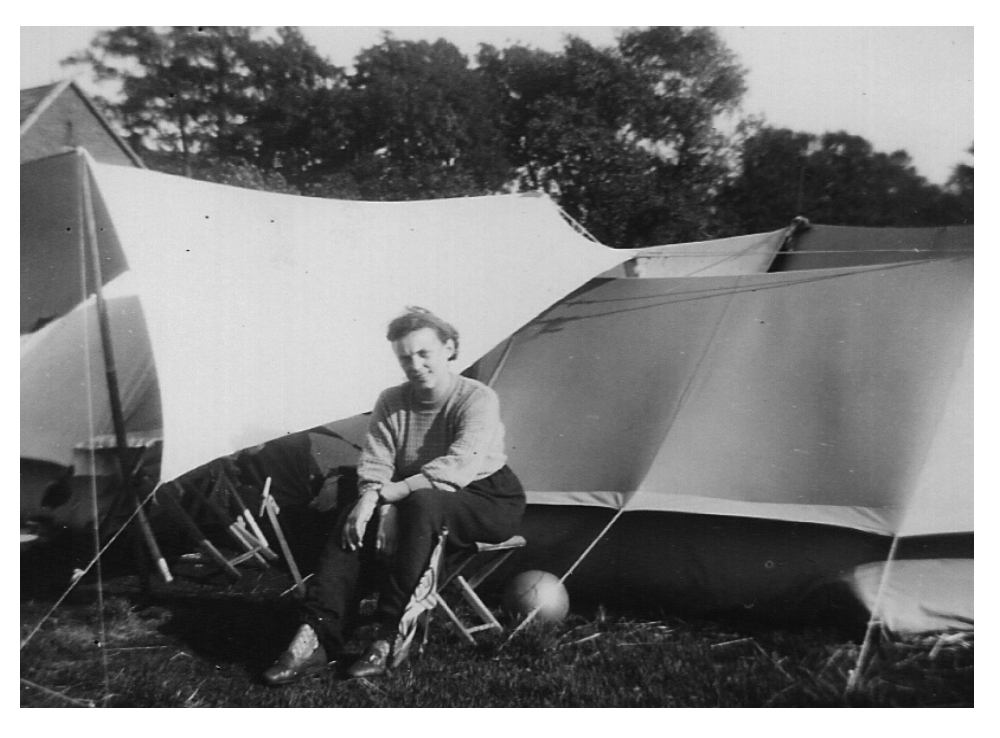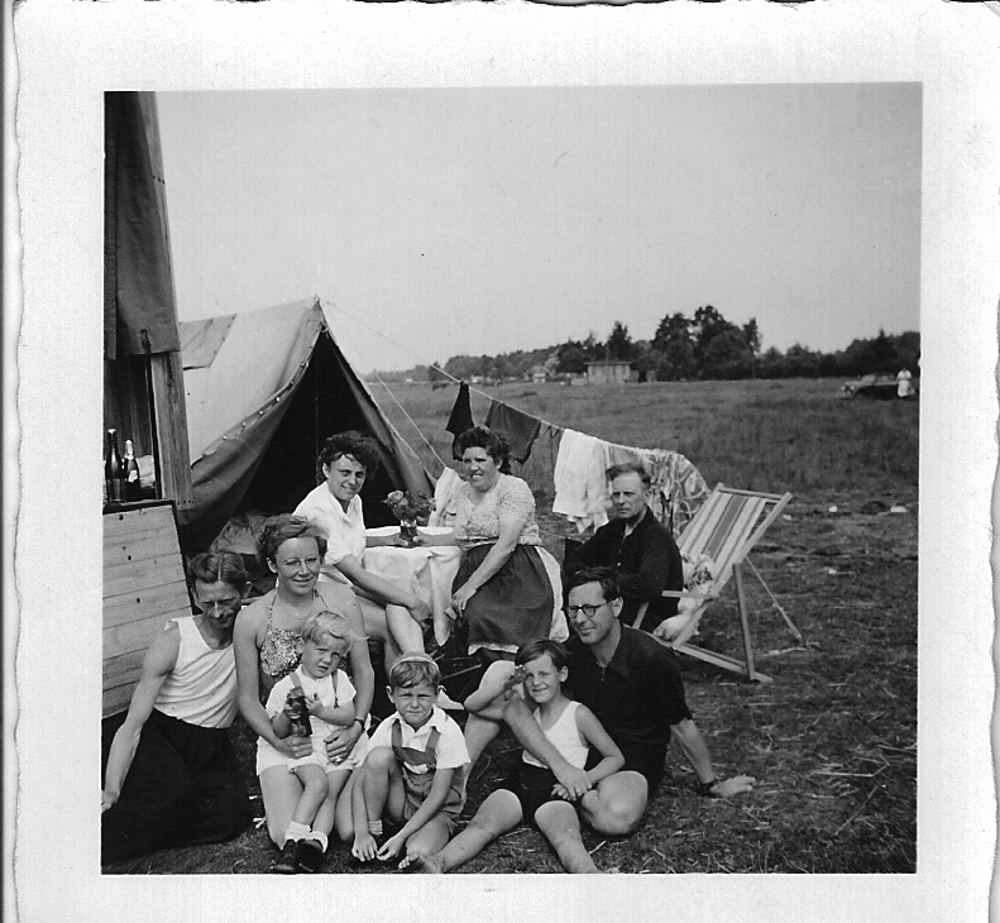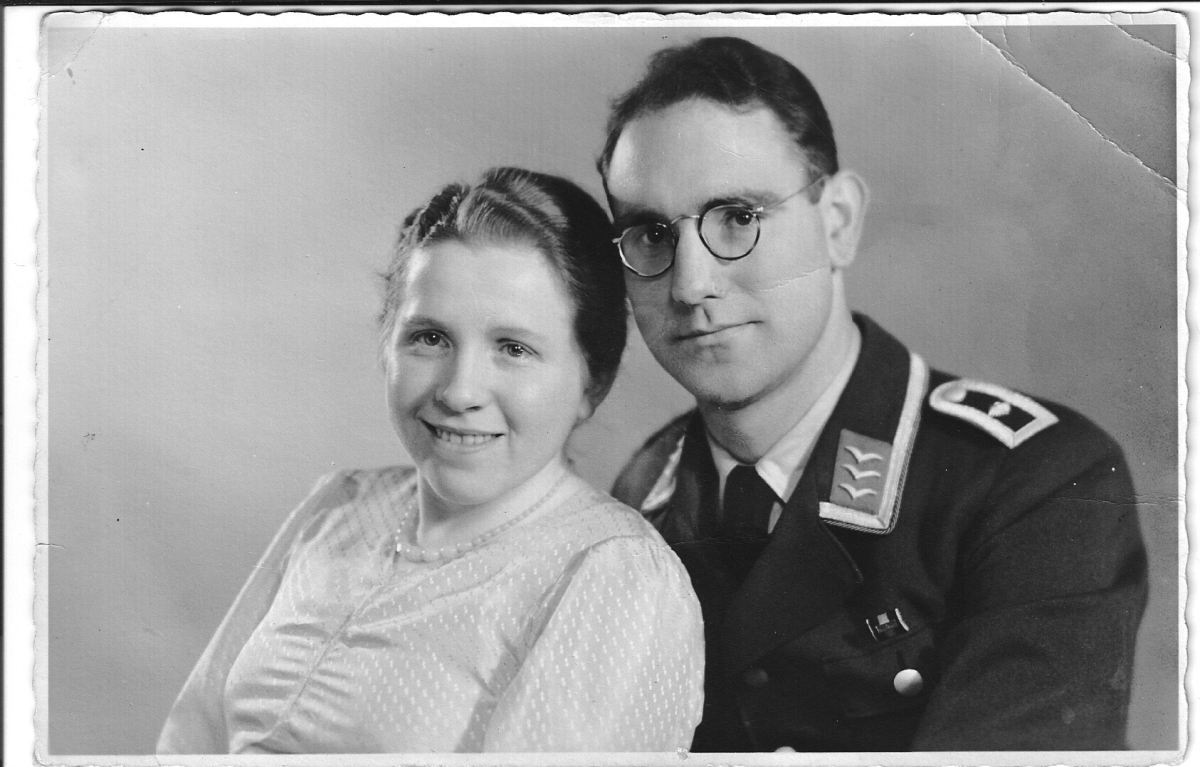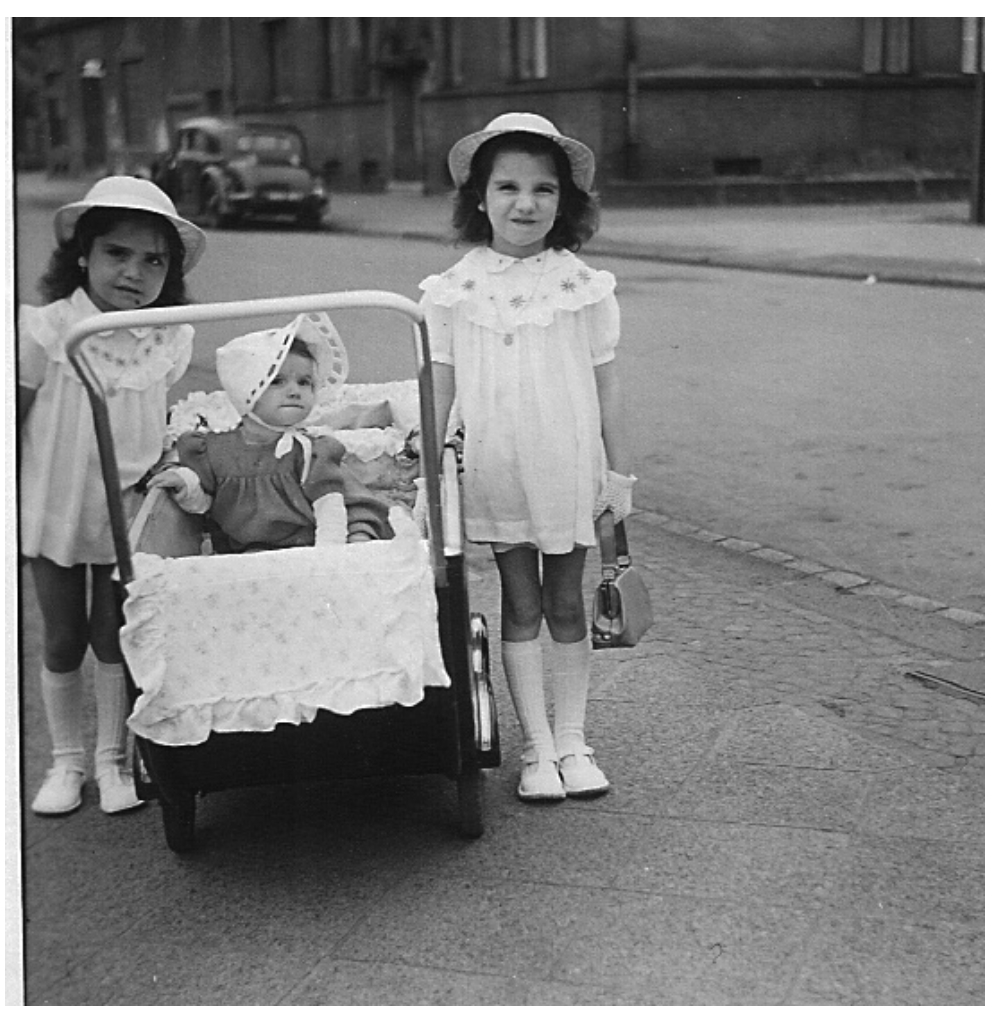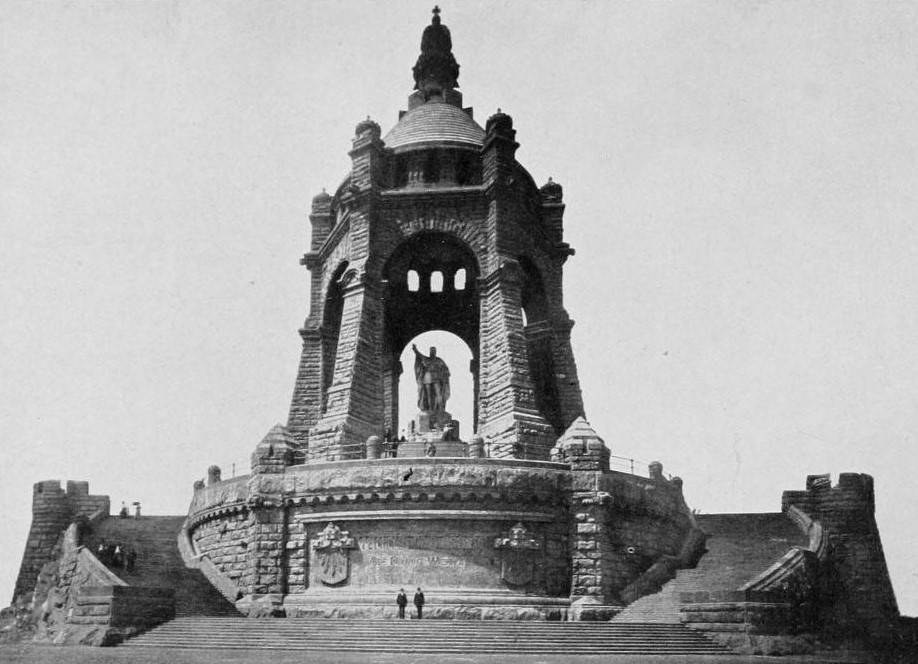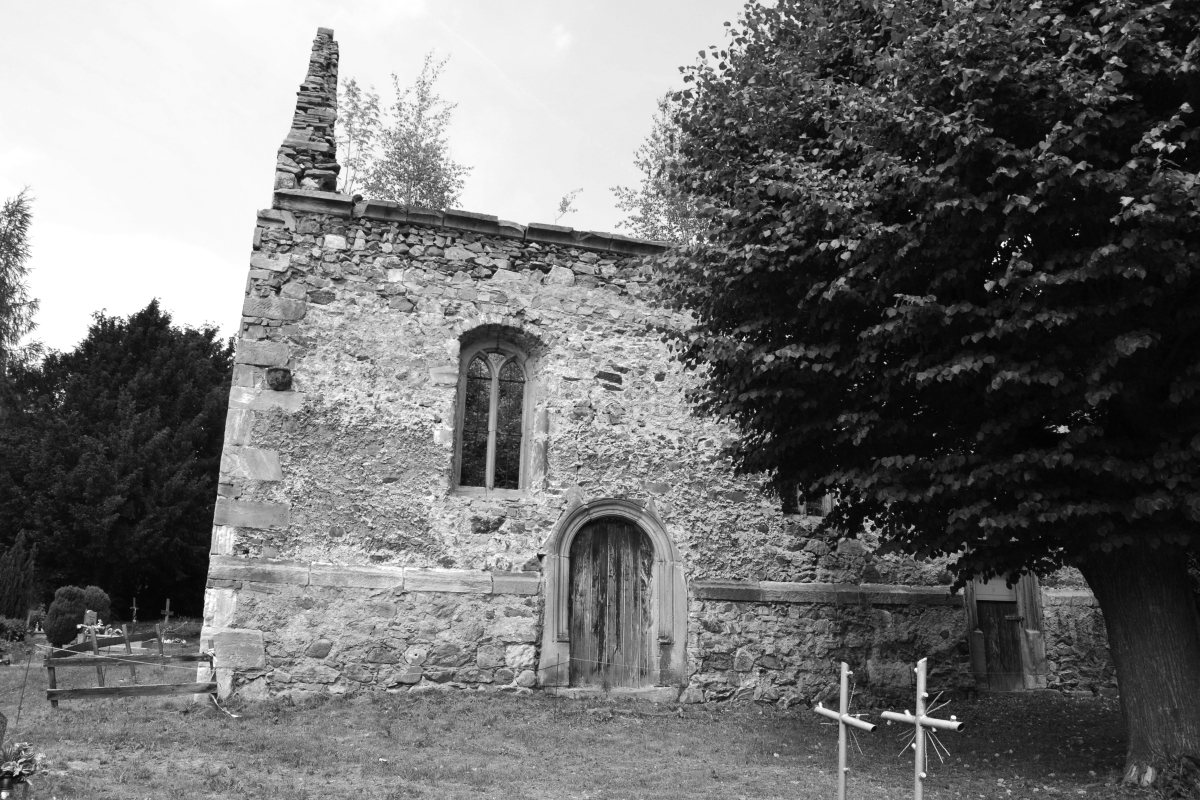Why Genealogy ? We are people to whom the past is forever speaking. We listen to it because we cannot help ourselves, for the past speaks to us with many voices. Far out of that dark now here which is the time before we were born, men and women who were flesh of our flesh and bone of our bone went through fire and storm to break a path to the future.
We are part of the future they died for; they are part of the past that brought the future. What they did – the lives they lived, the sacrifices they made, the stories they told, the songs they sang, the food they ate and, finally, the deaths they died – make up a part of our own experience.
We cannot cut ourselves off from it. It is as real to us as something that happened last week. It is a basic part of our heritage as human beings.
Author Unknown

| Male | Surname | born | Location | Female | Surname | born |
| Arlt | Johann Gottfried | 1806 | unknown | Alter | Johanne Rosine | 1811 |
| Arlt | Heinrich Ernst | 1831 | Welkersdorf-Silesia | Geisen | Helene | 1838 |
| Arlt | Josef Heinrich | 1860 | Ehrenbreitstein-Koblenz | Buschmeier | Friederike Charlotte Meta | 1855 |
| Arlt | Hermann Ernst | 1893 | Minden | Kelle | Charoliene Friederike Marie | 1893 |
| Arlt | H E jun | 1918 | Guetersloh | Holzer | E L | 1923 |
| Arlt | Gunter E | 1952 | Guetersloh | H | U M | 1955 |
The name Arlt developed from the older family name Arnold – around the 16th century
The name Arlt developed from the older family name Arnold – around the 16th century. The name meaning of Arnold is “Ruling Eagle”. The eponymous words from Old High German are arn (eagle) and waltan (rule). Many family names have developed from the name Arnold. For example by reinterpreting the “old” part of the name Arnhold. Ahrenholz and Arnholz were created through a reinterpretation based on the word “holz” = wood.
The Latinization resulted in Arnoldus and Arnoldi from it. By contracting the name Arnold, the names Arnet (h) or Arnoth emerged. The abovementioned Low German short form ensured the formation of the names Ahrend (t), Arend (t), Ahrnd (t) and Arnd (t) and the continued patronymization of the names Ahrend (t) s, Ahrens, Arnds, Arns, Arntz, Arning.
The names Arnemann and Ernemann and the Low German name Arneke emerged from the pet forms of Arnold. The Alemannic names Arni, Aerne, Aerni, Erne, Erny, Ernle were formed in the same way. In Silesia and Upper Lusatia, the names Arlt, Arlet, Arlitt and Arloth were formed from Arnold by switching the “l” in the 16th century. The names Nolde, Nolte, Nölte, Nöldeke, Nolting are also a short form and transformation of the name Arnold
Occurrence also in place names: Arlstein for Arnoldstein; Arles green 1542 for Amoltz green 1370; Hof Arlt / Tyrol: 1500 still Arnold! In Franconian compare Aroldt! Arnold (Arlot) Niclas 1571 Lg, Arlott, Arlett, farmers 1586 Striegau. More details: Bahlow, Schlesisches Namenbuch, page 33.
https://forebears.io/de/surnames/arlt#meaning
I traced my ancestors back to about 1820
I traced my ancestors back to appr. 1820. The Arlt’s lived during that days in Welkersdorf (now Rzasiny), shire Loewenberg (Lwowek Slaski), district Liegnitz (Legnica) in lower Silesia (than German – now country of Poland).
H E Arlt, a “Wallmeister” (expert for fortifications and demolitions) was sent from the fortress Posen (Poznan) to the newly built fortress Ehrenbreitstein near Koblenz (Rhineland-Palatinate). When he died, his widow moved to live with relatives in Minden, Westphalia.
J H. Arlt’s profession is unknown – maybe a bricklayer or a stone cutter? An old aunt told me that this man placed the cross on top of the dome of the Kaiser Wilhelm monument at Porta Westfalica near Minden.
H E Arlt sen. first profession was metal-turner, but he worked all his life for the “Reichsbahn” serving as train driver.
My father served all the way through WW2 in the 6th division which was reamed in Stalingrad
H E Arlt jun. apprenticeship was office/sales clerk, but he became a professional soldier at the age of 17. He served all the way through WW2, especially in Russia in the 6th division which was reamed in Stalingrad. He survived because shortly before the Soviet ring (Kessel) was closed, he was evacuated to a remote military hospital. Because by “good luck in the end” was severly wounded while, in his rank as Staff Sergeant and ordnance specialist (Ober-Feuerwerker), getting injured while defusing a explosive device.


